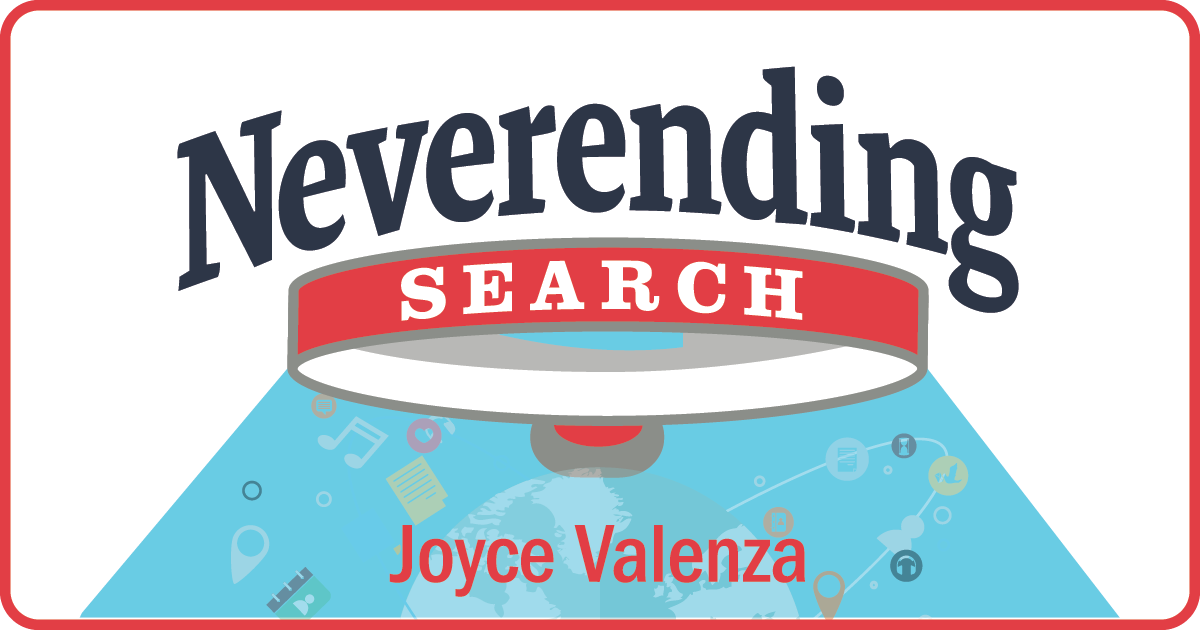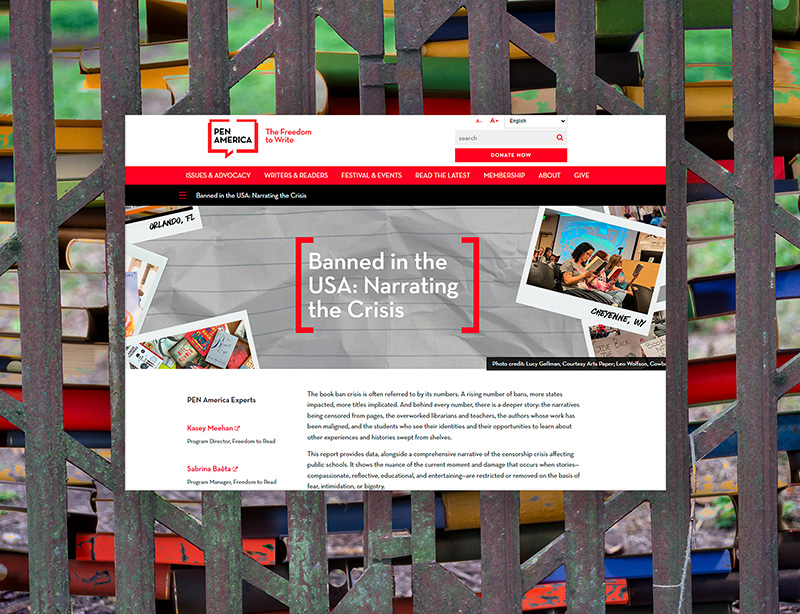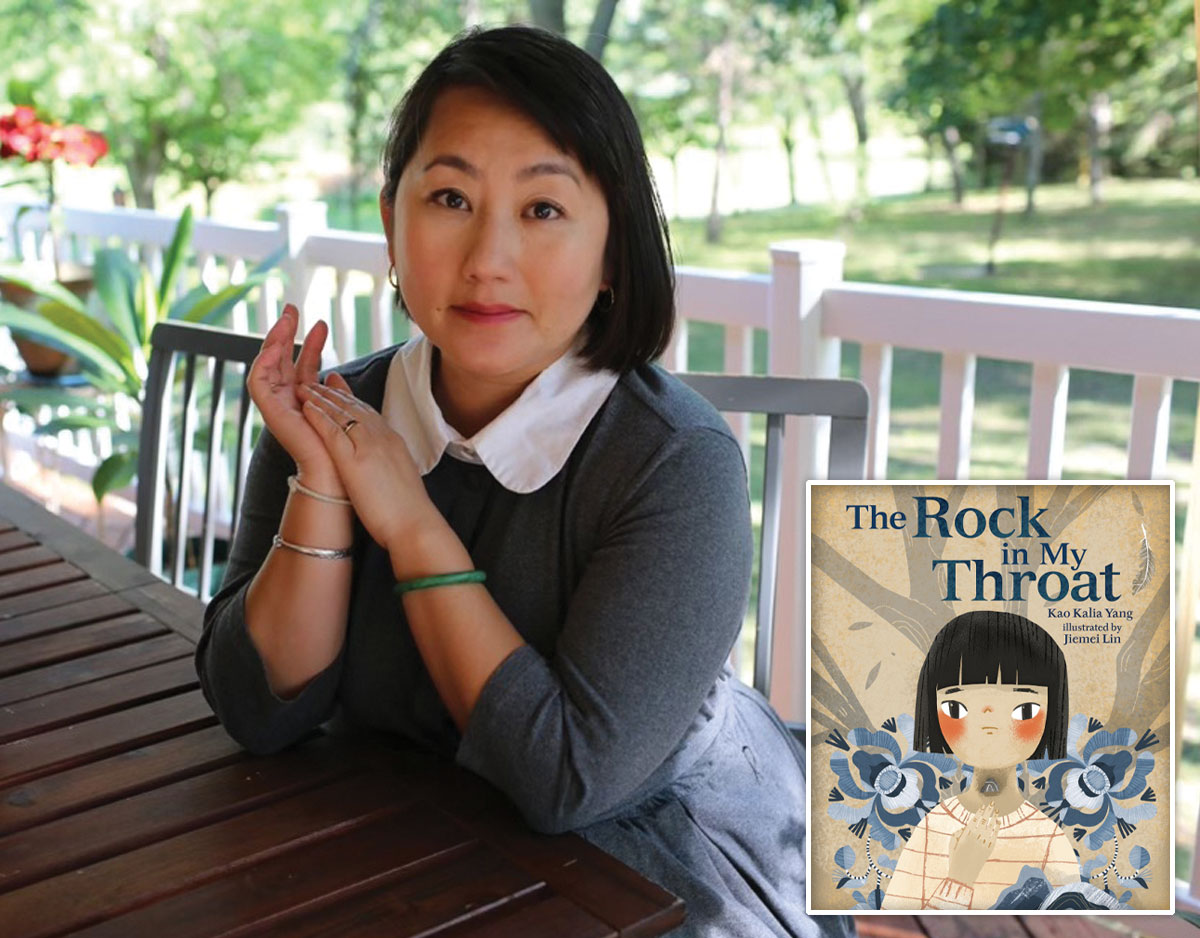SCROLL DOWN TO READ THE POST
A Proclamation: A Library for Every School (share it now!)
That you don’t know what you’ve got
‘Til it’s gone
They paved paradise
And put up a parking lot
Joni Mitchell, Big Yellow Taxi, 1970
The insanity of the past few weeks, the not-so-slow bleeding of library positions and libraries, frightens me more than any professional crisis I can remember in a career of more than 30 years.
If nothing is done right away, we are going to look back and be mightily sorry that we allowed libraries to disappear from our children’s learning experiences.
We are just begining to see a few courageous efforts to stem the tide.
Today (April 2), the European and international organisations–ENSIL, IASL and IFLA School Libraries and Resource Centres–announced the publication of a joint document that can be used to advocate professional school libraries worldwide. We need to adopt this letter. We need to share it broadly. And we need to do it now.
ADVERTISEMENT
ADVERTISEMENT
The people who need us most do not yet see the bleeding, the paving. But they will.
An Open Letter for Every School
It is with great pleasure we hereby present this document. it is called A LIBRARY FOR EVERY SCHOOL: A Proclamation.
The proclamation can be used by individuals as well as organisations. We kindly suggest to translate the document in your national or even regional language and send it to as many school leaders, administrators, politicians and decision makers as possible. Mount it on your website, post in your blog, use twitter, list serves and social networks to disseminate the document and make it work!
The document is available in two formats:
1) The official proclamation in English, signed and distributed by Stichting ENSIL and co-signed by IASL, IASL Europe and IFLA School Libraries and Resource Centres
2) A Word version of the proclamation in English; for you to sign on the first page; add your (organisation’s) name in the footer, and (optional) the logo in the header.
Dear Madame / Sir,
We, the undersigned regional and international professional organisations concerned with libraries
and their role in society, draw your attention to the attached Proclamation A Library for Every
School! and urge you to advocate, adopt and apply the key ideas and principles contained therein in
appropriate ways in the context of your various relevant policies, programs, projects and public
events, such as conferences and statements made to the media.
Sincerely yours,
SIGNATORIES
April 2, 2010
- Ms. Lourense H. Das, Coordinator and Chair European Network for School Libraries and Information Literacy (Stichting ENSIL)
- Prof. James Henri, President International Association of School Librarianship (IASL)
- Dr. Luisa Marquardt, Director Europe International Association of School Librarianship (IASL)
- Ms. Randi Lundvall, Chair International Federation of Library Associations (IFLA), School Libraries and Resource Centres’ Section
A LIBRARY FOR EVERY SCHOOL!
Whereas viewing information as a strategic national, organisational and personal resource for the 21st Century can be considered as analogous to considering the discovery of the vast and valuable reservoirs of North Sea oil as the strategic national, organisational and personal resource of the 20th Century, and
Whereas reading, writing, communicating and understanding information, in all of its audio and video forms ‐ ‐ texts, images, pictures, voices, music and other mediums ‐ ‐ can have, and are increasingly having enormous beneficial economical and social impacts, but ensuring that there is a library in every school is not high on the political agenda of countries, and
Whereas both elected national level politicians and appointed government policy‐makers, as well as individual school officials, are under the misguided assumption that establishing and operating a library in every school should be entirely under the authority and responsibility of local governments and local school officials instead of being considered a matter of national policy.
Therefore, this Proclamation has been prepared by both international and major regional expert professional societies concerned with the role of libraries in society, and contains a set of key research findings, generally accepted principles being practiced by the library profession, and useful policy guidelines, which the signatories urge governments, the education sector, the media, and other elements of a society, to advocate, adopt and apply in appropriate ways in the context of their policies, programs, projects and public events, such as conferences and statements to the media.
1. School Libraries Boost Student Achievement. This is not just a sound bite. There is irrefutable evidence to support the assertion. A 21st century school library is more than just a room filled with books. A state‐of‐the‐art school library has a critical function in every school ‐ ‐ to support, engage and stimulate learning and development in this Second Millennium digital era in which we live, learn and work, and which many call the Global Information Society.
2. Benefits and Values of School Libraries are Universal. Many studies have been undertaken by various institutions and organisations in all geographic regions of the world, but using admittedly different words, different points of emphasis and the research conducted in somewhat different contexts, nevertheless they all have, collectively, underscored the universality and commonality of the findings, conclusions and recommendations contained herein.
3. Challenges of the Information Age. The 21st century is often characterised by experts and respected independent thinkers by advocating the efficacies of lifelong learning, distance education, and the incredible proliferation of digital mobile and hand‐held media. But at the same time these experts and informed observers call attention to the challenge of coping with an Internet information tsunami that is gradually, but inexorably, drowning out even the best efforts of Google’s search engines, and emphasising the need for professional libraries and information specialists (librarians) in schools to cope with these challenges.
ADVERTISEMENT
ADVERTISEMENT
4. How School Libraries Help Learning. There is an inter‐dependent relationship between information and communications literacy on the one hand (how to articulate information needs, search for it and retrieve it efficiently, understand and evaluate its authenticity and reliability, communicate it, and then use it to make decisions and solve problems) and school libraries on the other hand. They are inextricably intertwined, and school librarians around the world play a key partnership role with teachers and pedagogy experts enabling the
integration of information and communication literacy into the school curriculum.
5. The Digital Divide and the Haves and Have Nots. The so‐called “Digital Divide,” and “the division of societies and social classes into haves and have nots,” both of which are by now clichés, are directly linked and rooted in the failure of governments to statutorily prescribe the need for a library in every school.
6. Partnerships and Alliances. Information itself is becoming the strategic resource of the Information Age, and information resources ‐ ‐ their collection, their organisation, their cataloging, their indexing, their dissemination, their communication, and most importantly their use ‐ ‐ have long been considered to be in the specialised domain of librarians, libraries and librarianship but librarians alone cannot do the job. Nor can teachers alone do the job. Nor can pedagogy specialists alone do the job. They all three must partner and form a “learning triumvirate alliance” within the context of knowing how to use libraries and information resources as integral parts of the learning process, including the use of social media networking approaches and tools.
7. Budgetary Options is an Outmoded and Misguided Policy. It is not enough to simply allow national and local governments, school principals and school boards, in the name of “budgetary flexibility,” to establish school libraries “at their discretion.” That strategy and that policy, which arguably may have been effective and appropriate given the political, economic and social circumstances of the 20th century and before, is simply grossly inadequate and in the view of the signatories, is a very dangerous strategy and policy for
countries to follow now.
In Conclusion, the role of a school librarian, operating in a modern multi‐media library resource centre, and equipped with the technical and professional skills acquired in an accredited librarianship education programme, is absolutely crucial to the economic and social progress of every country. The need for a library, staffed by a full‐time, professionally trained, educational information specialist (librarian), in every primary and secondary school (not just at the university level) is an absolute “must” if countries are to survive, prosper and compete successfully in the 21st century, in the context of the Global Information Society.
Stichting ENSIL, c/o Rijksweg 26, 6095 NC Baexem, Netherlands
Contact@ensil‐online.org
Filed under: Uncategorized
About Joyce Valenza
Joyce is an Assistant Professor of Teaching at Rutgers University School of Information and Communication, a technology writer, speaker, blogger and learner. Follow her on Twitter: @joycevalenza
ADVERTISEMENT
SLJ Blog Network
Endangered Series #30: Nancy Drew
Research and Wishes: A Q&A with Nedda Lewers About Daughters of the Lamp
Cat Out of Water | Review
Take Five: New Middle Grade Books in May
The Classroom Bookshelf is Moving
ADVERTISEMENT
ADVERTISEMENT







